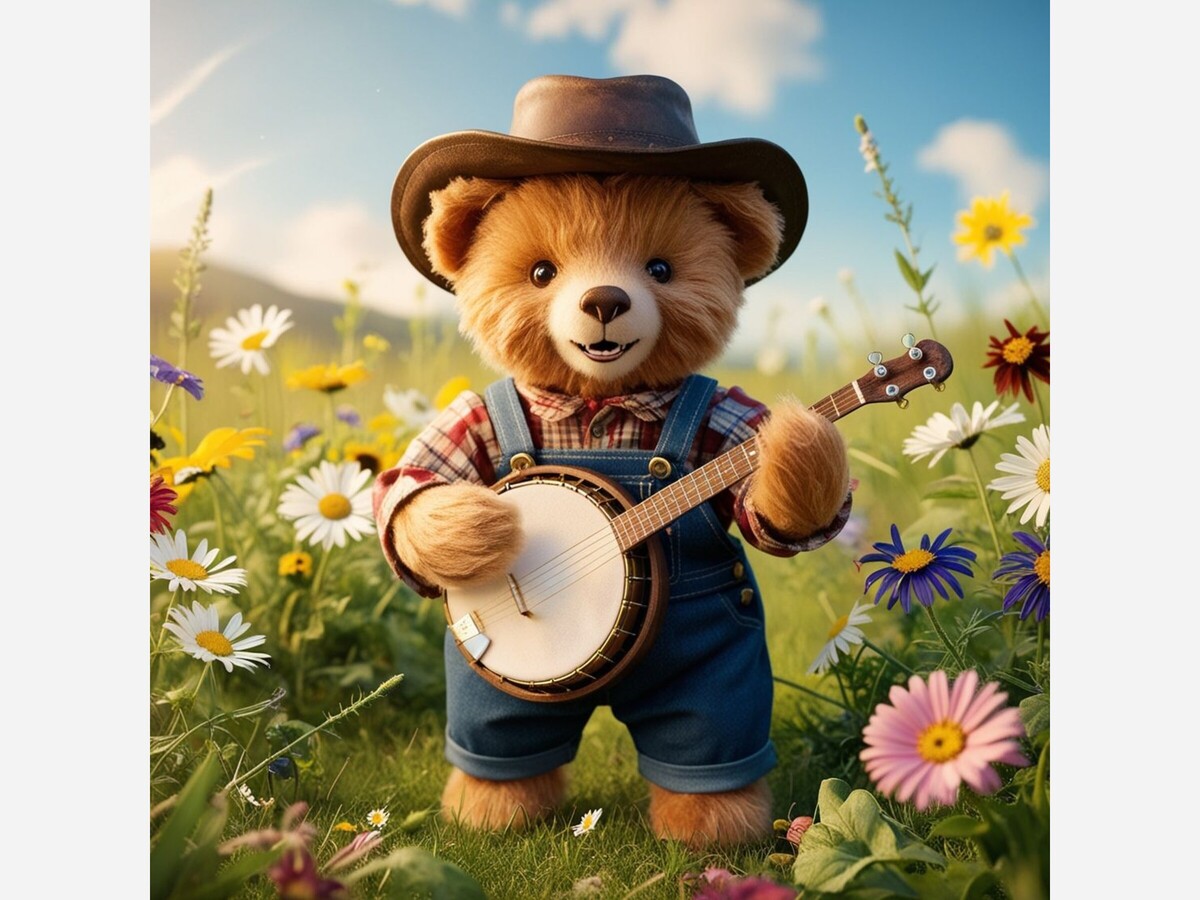Image


When you hear the word "hillbilly," you might picture a bearded man with a banjo, living in a rustic cabin nestled deep in the Appalachian Mountains. But did you know that the term "hillbilly" has its roots in Scotland and Northern Ireland? The history of this colorful word is as winding and lively as a mountain fiddle tune, filled with tales of ancient kingdoms, rugged landscapes, and a proud, independent people.
The term "hillbilly" is believed to have its origins in the Scottish and Scots-Irish immigrants who settled in the Appalachian Mountains in the 18th and 19th centuries. These settlers hailed from the Highlands of Scotland and the Ulster region of Northern Ireland, bringing with them a strong sense of independence, a love for music, and a deep connection to the land. The word itself is thought to be a blend of "hill," referencing the mountainous terrain these settlers called home, and "Billy," a common diminutive for the name William, which was popular in Scotland.
The Scots-Irish were known for their resilience and tenacity, qualities that were essential for surviving in the rugged Appalachian environment. They carved out a living in the hills, farming, hunting, and building close-knit communities. Over time, these "hill people" developed a distinct culture that was deeply influenced by their Scottish heritage. This culture included a rich tradition of storytelling, music, and dance, much of which is still celebrated in Appalachian communities today (Williams 45).
But where does the "Billy" in "hillbilly" come from? Some scholars suggest that it could be a reference to supporters of King William III of England, also known as William of Orange. King William, a Protestant, was a hero to many Scots-Irish Protestants who had supported him during the Williamite War in Ireland. These loyal followers, known as "Billy Boys," were fierce defenders of their faith and their king.
When these Scots-Irish immigrants crossed the Atlantic and settled in the hills of Appalachia, the term "Billy" might have traveled with them, eventually blending with their new environment to create "hillbilly." The word thus carries with it echoes of both the rugged Scottish landscape and the fierce loyalty to King William that characterized the Scots-Irish settlers (MacDonald 102).
Over the years, "hillbilly" has taken on many meanings. While it was initially used to describe the Scots-Irish settlers of the Appalachian Mountains, it eventually became a broader term for rural, often poor, white Americans. In the early 20th century, the word was sometimes used in a derogatory manner, painting a picture of backwardness and ignorance. However, in recent years, there has been a reclaiming of the term, with many embracing "hillbilly" as a badge of honor, symbolizing a proud, self-sufficient way of life.
Today, "hillbilly" can evoke images of everything from lively bluegrass music to hearty mountain cooking. It's a word that has evolved and adapted, much like the people it originally described. And while it may have traveled far from its Scottish roots, the spirit of those early settlers—resilient, independent, and fiercely loyal—still lives on in the term (Thompson 58).
So, the next time you hear someone referred to as a "hillbilly," remember the rich history behind the word. It's more than just a label—it's a tribute to the hardy Scots-Irish immigrants who brought their culture, their customs, and their indomitable spirit to the hills of Appalachia. And if you happen to be one of those modern-day hillbillies, raise a glass (or a mason jar) to King William and the hills that gave you your name!
As the old saying goes, "You can take the boy out of the hills, but you can't take the hill out of the boy." And who would want to? After all, being a hillbilly means being part of a tradition that stretches back centuries, all the way to the misty Highlands of Scotland. And that's something worth celebrating.
MacDonald, George. The Scots-Irish Influence in Appalachia. University Press, 1989, p. 102.
Thompson, Mary. Hillbilly: The Origins and Evolution of an American Word. Appalachian Studies Press, 2005, p. 58.
Williams, Janet. From Highlands to Hills: The Scottish Roots of the Appalachian People. Mountain Books, 1997, p. 45.